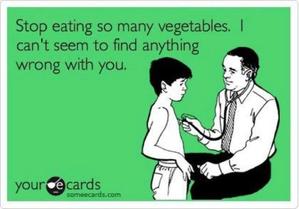
Recently Olive had a friend (we will call her, Monica) talk to her about her concerns over becoming Vegan. Monica wasn’t concerned for herself; she was concerned for the health of her children. Monica had someone reprimand her for turning vegan while breastfeeding and raising a small child. We decided to help answer Monica’s questions on our blog, as this is a common occurrence!
The most important things to remember are to eat a wide variety of foods, take a B12 supplement, and also folic acid/Vitamin D if breastfeeding and you and your family will reap wonderful health benefits of a vegan lifestyle.
The most important things to remember are to eat a wide variety of foods, take a B12 supplement, and also folic acid/Vitamin D if breastfeeding and you and your family will reap wonderful health benefits of a vegan lifestyle.
We would first like to say that according to the American Dietetic Association’s position paper on vegetarian diets, “Appropriately planned vegan and lacto-ovo vegetarian diets satisfy nutrient needs of infants, children, and adolescents and promote normal growth.” Not only this, but they provide an array of health benefits. To illustrate the Pros and Cons of a vegan lifestyle for your whole family we have created this list:
| PRO’S -An ethical, compassionate, environmentally conscious lifestyle (14) -Promotes healthy lifestyle decisions in children (9) -Lower rates of Cholesterol (1) -Lower rates of Diabetes (2) -Lower rates of Heart Disease (3) -Lower rates of Cancers (4) -On average healthier weight and BMI (5) -Increased energy levels -Dairy is suspected to increase risk of Parkinson’s Disease (7) -Plant based diet helps lower blood pressure (8) -Helps control symptoms of Rheumatoid Arthritis (10) -Reduced risk of Arthritis (11) -Increased sex appeal through body odor (strange but true) (12) -Decreased risk of Breast Cancer (13) -dereased risk of Osteoporosis (16) (18) -Vegans eat a wider variety of foods and on average eat more creative meals. | CON’S 1. The possibility of unsupportive friends and community. 2. The need to supplement with Vitamin B12 and vitamin D. (15) 3. Lack of Vegan restaurants (depending on region). 4. People asking “Where do you get your protein?” Which trust me is more than adequate! J 5. People asking “What about calcium, your kids need milk for strong bones?” |
1. After having a baby we all hope friends and family will come flocking with help, food, and support. Unfortunately when choosing a vegan lifestyle for your family you may run into some nay-sayers. Breastfeeding while being vegan is not rocket science! Eating a wide variety of fruits, vegetables, beans, legumes, and nuts while supplementing will provide the adequate nutrients for a breastfeeding mother and baby. Check out an account of a vegan mother here.
2. “To get the full benefit of a vegan diet, vegans should do one of the following:
The less frequently you obtain B12 the more B12 you need to take, as B12 is best absorbed in small amounts. The recommendations above take full account of this. There is no harm in exceeding the recommended amounts or combining more than one option.” –credit
3. Eating out in some cities can be harder than others. If you go to a vegetarian friendly restaurant there will be more often than not be vegan friendly items on the menu. Take a quick scan of menus, often times you can remove a few ingredients and a decent vegan meal is suddenly available.
4. While it is true there is a lot of protein in meat, often times more than there is in vegetables, the average person actually eats too much protein. In turn, it gets wasted putting undo stress on our internal organs. Protein is made up of amino acids. All foods contain all twenty amino acids in some quantity. However, proportions vary, and some foods are deficient in one or more of the essential amino acids. Apart from some exceptions such as quinoa or soybeans, vegetable sources of protein are more often lower in one or more essential amino acids than animal sources. Having said this, consuming a mixture of plant-based protein sources increases the biological value of food. This means eat a wide variety of fruits, nuts, vegetables, legumes, and beans and you are set.
5. Now I know, all the advertisements on TV try to brainwash you saying things like, “Milk does the body good” etc... But this is a fallacy and there are numerous studies that prove this to be untrue. In fact milk acidifies the body’s pH which in turn triggers a biological correction. Calcium is an excellent acid neutralizer and the biggest storage of calcium in the body is the bones. So the very same calcium that our bones need to stay strong is used to neutralize the acidifying effects of milk. Once calcium is pulled out of the bones, it leaves the body via the urine, leaving the bones with a calcium deficit.
2. “To get the full benefit of a vegan diet, vegans should do one of the following:
- Eat fortified foods two or three times a day to get at least three micrograms (μg or mcg) of B12 a day or:
- Take one B12 supplement daily providing at least 10 micrograms or
- Take a weekly B12 supplement providing at least 2000 micrograms.
The less frequently you obtain B12 the more B12 you need to take, as B12 is best absorbed in small amounts. The recommendations above take full account of this. There is no harm in exceeding the recommended amounts or combining more than one option.” –credit
3. Eating out in some cities can be harder than others. If you go to a vegetarian friendly restaurant there will be more often than not be vegan friendly items on the menu. Take a quick scan of menus, often times you can remove a few ingredients and a decent vegan meal is suddenly available.
4. While it is true there is a lot of protein in meat, often times more than there is in vegetables, the average person actually eats too much protein. In turn, it gets wasted putting undo stress on our internal organs. Protein is made up of amino acids. All foods contain all twenty amino acids in some quantity. However, proportions vary, and some foods are deficient in one or more of the essential amino acids. Apart from some exceptions such as quinoa or soybeans, vegetable sources of protein are more often lower in one or more essential amino acids than animal sources. Having said this, consuming a mixture of plant-based protein sources increases the biological value of food. This means eat a wide variety of fruits, nuts, vegetables, legumes, and beans and you are set.
5. Now I know, all the advertisements on TV try to brainwash you saying things like, “Milk does the body good” etc... But this is a fallacy and there are numerous studies that prove this to be untrue. In fact milk acidifies the body’s pH which in turn triggers a biological correction. Calcium is an excellent acid neutralizer and the biggest storage of calcium in the body is the bones. So the very same calcium that our bones need to stay strong is used to neutralize the acidifying effects of milk. Once calcium is pulled out of the bones, it leaves the body via the urine, leaving the bones with a calcium deficit.
This is just the tip of the iceberg when it comes to the information on being a vegan family. There are tons of resources available to help you along your way. For more resources on Veganism and health see our links below:
-What You May Not Know About Being Vegan
-Gary Yourofsky- Best Speech Ever
-Advantages For Children
-Vegan is Great for Kids
-Vegan Information Board
-Why Vegan
-The China Study
We hope that this information was helpful to Vegan mothers and families. But as always do your own research and make an informed decision.
Wishing you and your families health and wellness,
Olive and Button
-What You May Not Know About Being Vegan
-Gary Yourofsky- Best Speech Ever
-Advantages For Children
-Vegan is Great for Kids
-Vegan Information Board
-Why Vegan
-The China Study
We hope that this information was helpful to Vegan mothers and families. But as always do your own research and make an informed decision.
Wishing you and your families health and wellness,
Olive and Button
Let thy food be thy medicine and thy medicine be thy food- Hippocrates
***All material on this website is provided for your information only and may not be construed as medical advice or instruction. No action or inaction should be taken based solely on the contents of this information; instead, readers should consult appropriate health professionals on any matter relating to their health and well-being. The information and opinions expressed here are believed to be accurate, based on the best judgment available to the authors, and readers who fail to consult with appropriate health authorities assume the risk of any injuries. In addition, the information and opinions expressed here do not necessarily reflect the views of every contributor to Bits Baubles and Bites. Bits Baubles and Bites acknowledge occasional differences in opinion and welcome the exchange of different viewpoints. The publisher is not responsible for errors or omissions.
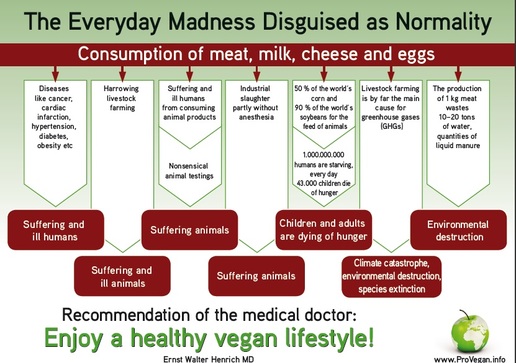
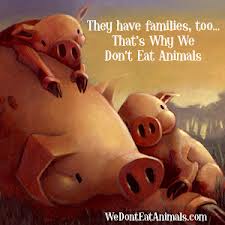
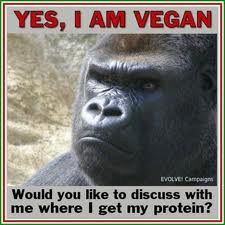
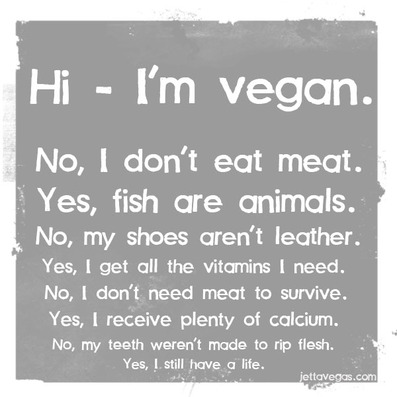
 RSS Feed
RSS Feed